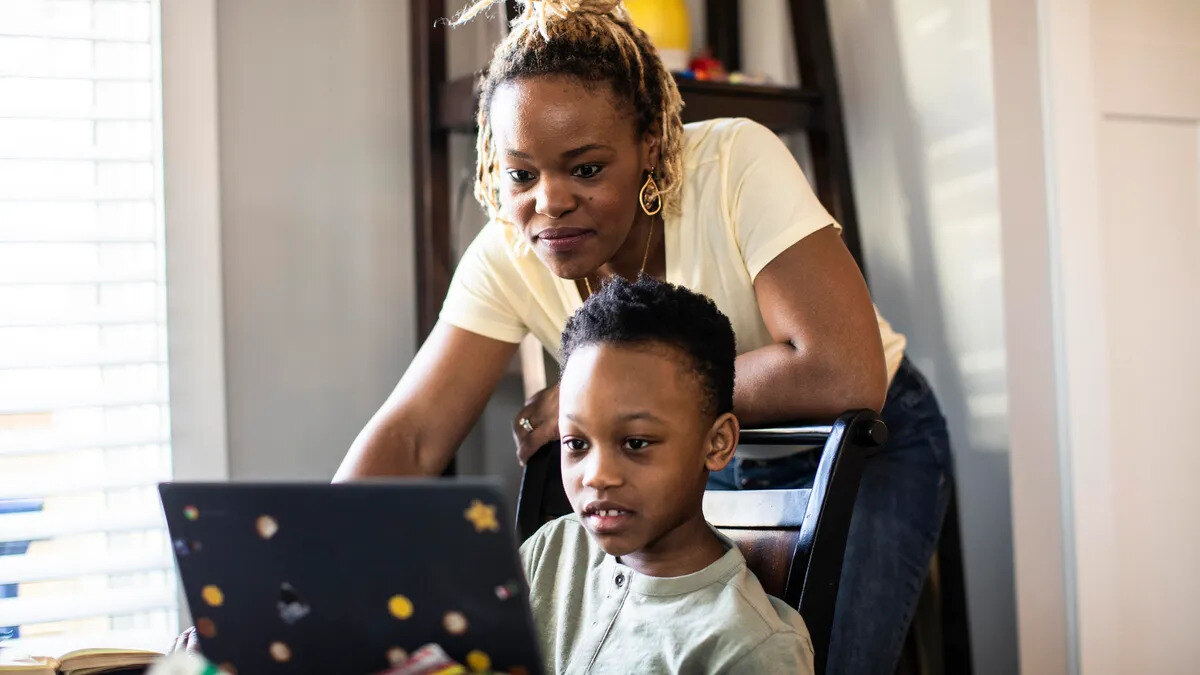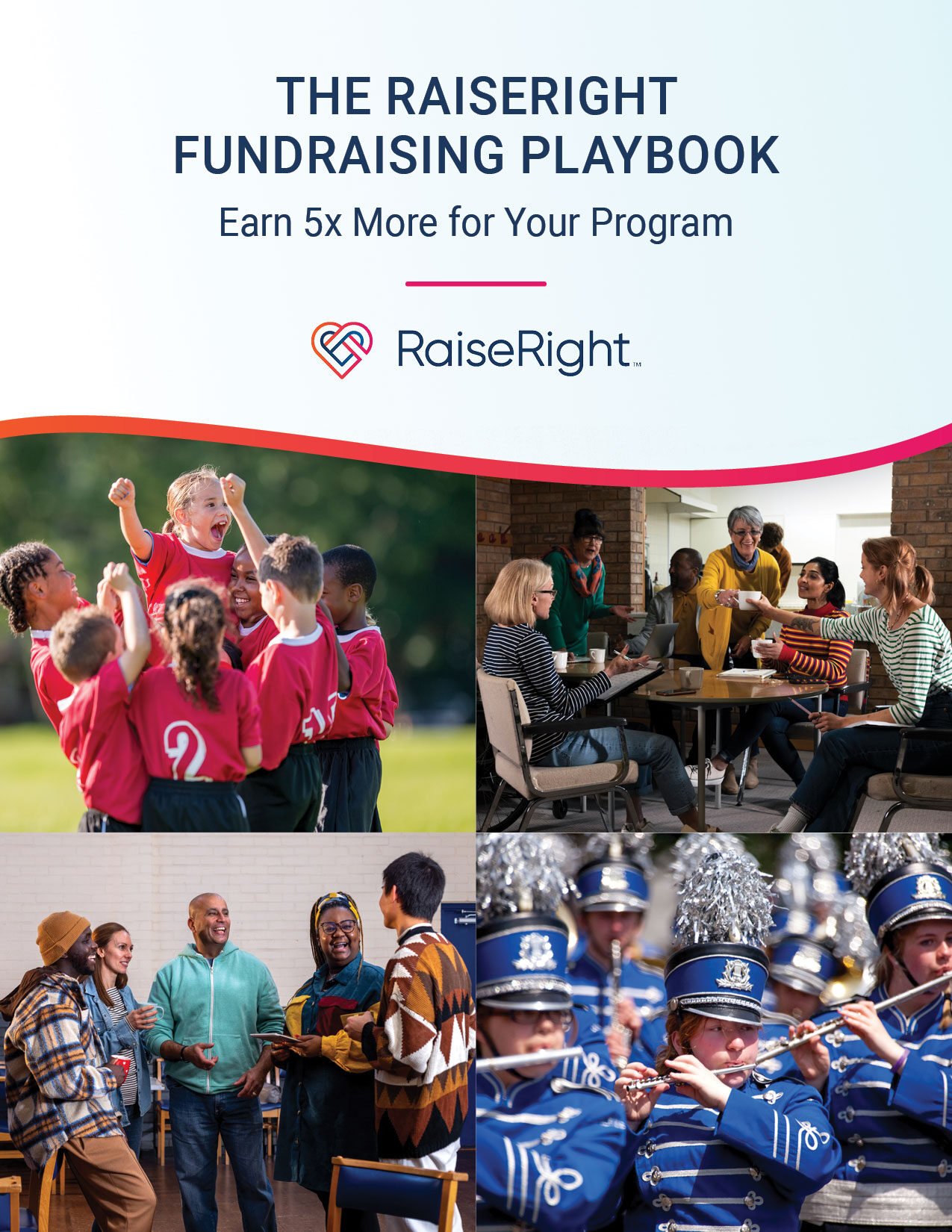Exploring Private School vs. Homeschool: What's the Best Path?

What’s the best environment for your child to learn, socialize, and grow into a responsible, successful adult? For many families, integrating values into educational goals comes down to choosing between private school vs. homeschool.
By the age of 18, most children have spent more than 14,000 hours in school, not including extracurricular activities. In addition to reading, writing, and arithmetic, much time is spent absorbing values, culture, and behavioral standards.
Let’s look at some homeschool vs. private school statistics, facts, and other helpful factors to help you make the most informed decision for your child.

Private schools
Both religious and secular private elementary and high schools exist outside the government-regulated public school system. They’re funded through a mix of tuition, endowments and donations, private grants, and fundraising.
Private schools vary in terms of their missions, governance, cost, and quality. As a category, consider:
- Academic rigor—Expect to find skilled faculty with advanced degrees, education standards and graduation requirements that exceed state guidelines, and advanced placement (AP) and International Baccalaureate (IB) program coursework.
- Religious education—About 84% of the 30,000+ private schools in the U.S. are religious (with Catholic schools in the lead, capturing 35% of these students). However, the way that religion is expressed and taught differs widely.
- Student performance—A meta-analysis of 90 research studies conclusively found that private religious schools produce the highest level of academic achievement. Private school students also comprise a major slice of Ivy League college students, from 37% at Harvard to 44% at Dartmouth (class of 2025).

Homeschooling
Homeschooled students represent the minority, at 3.1 million in 2022 compared to 4.7 million private schoolers and 49.6 million in public schools.
When it comes to homeschooling, there’s no application process for admission, no tuition cost, and no conflicts in values or behavioral standards between school and family. Families (or homeschool co-ops) evaluate and choose the curriculum, and individual student attention is guaranteed.
According to data from ParentingMode.com and ThinkImpact.com, homeschoolers:,
- Score 15-30% higher than public-schoolers on tests regardless of parents’ education
- Participate in an average of five activities outside of the home
- Average 72 points higher on SAT tests than the nationwide mean performance
- Earn higher first-year and fourth-year GPAs in college
- Successfully graduate from college at a rate of 67%

How to decide between private school vs. homeschool
With the right information, you can create an excellent educational plan for your child that includes private or homeschooling, or a mix of both. When it comes time to decide on private school vs. homeschool, consider the following:
- Your child’s unique needs—academic, social, emotional, and physical
- The skills, patience, and availability of family members to engage in homeschooling
- The selection of private schools accessible to you
- Community, co-op, and state-based support for homeschooling in your area
Below are a few other factors to consider with private school vs. homeschool.
Socialization and activities
Children need interaction with peers and different types of people, along with physical and joy-developing activities. Meeting these needs is part of a private school experience, but you’ll need to take a more active role for homeschooled children.
If you're leaning toward homeschooling over private school, consider enhancing your child’s learning through activities like:
- Participation in league-based or (in some states) public school sports teams or activities
- Parent-run co-ops
- Online classes or groups related to specialized interests
- Scouting groups
- Part-time jobs and volunteer work
Affordability
Cost can be a critical factor in the private school vs. homeschool decision. While private school costs can be high, they’re not necessarily out of reach. There are multiple ways to reduce tuition or homeschool expenses (or even cover the entire bill), including:
- State-specific School Choice programs, which include education savings plans (ESAs), state tax credits or deductions, school vouchers, or tax-credit scholarships
- School-supported tuition reduction programs, such as RaiseRight
- 529 plans
- Scholarships based on merit, need, or demographics through the school and alumni
- National, state, and private scholarships based on merit, need, or demographics
- Financial aid or sliding fees
Read More: Why Are Private Schools So Expensive?
Fund your child's education with RaiseRight
No matter which school program you choose, you'll need to budget for educational expenses. Fortunately, RaiseRight provides a simple, streamlined way to help cover these costs.
Simply buy gift cards, shop online, dine at local restaurants, or book travel and earn up to 20% back for education costs.
RaiseRight supports thousands of private schools and established homeschools across the US, with many families raising $1,000 or more annually towards tuition, extracurricular activities, or other school-related expenses. Schools can use their earnings as they see fit, whether to offset general costs or disburse funds to the family for direct cost savings.
Curious to see how much your household could earn in one year with RaiseRight? Try our free Earning Potential Calculator and see how you could turn everyday expenses into funding for your child's education.


